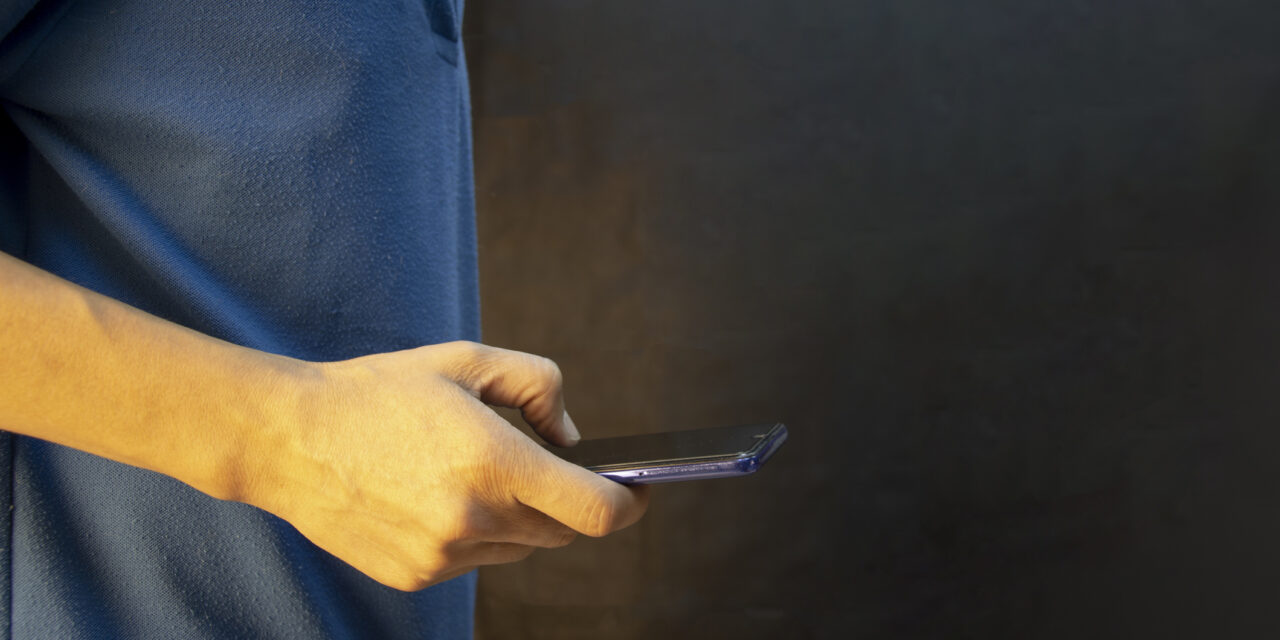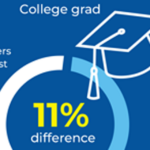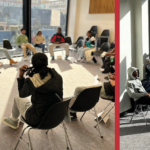Q: I’m a middle school teacher and was on hall duty when I noticed a 7th-grade boy using his phone during the school day, which is not allowed. He had his head stuck inside the locker so he wouldn’t get caught, but it was pretty obvious that he was using his phone, so I peered in closer. That’s when I saw that he was looking at online porn! I know a huge percentage of middle schoolers have seen porn, but how many look at it during the school day? That was a first.
As soon as the boy saw my stunned expression, he threw his phone in the locker, slammed it shut, avoided eye contact, and took off in the opposite direction. If I hadn’t been so thrown, or if he had been using his phone to look at TikTok videos or something, I would have just confiscated it. For a first offense, we typically make kids pick their phones up in the office at the end of the day, and we email home to tell their parents that they broke the rules. I did none of that. Now it’s now two days later and I’m still thinking about it. What do you think I should have done? Lordy, I hope it doesn’t happen again on my watch, but I want to be prepared just in case!
A: I’m sure the boy was mortified, and it sounds like you found the situation equally uncomfortable. The simplest answer — should you find yourself in the same situation again — is to adhere to your school’s policies regarding cell phones and appropriate use of technology. If you’re not sure what the policies are, consult an administrator or handbook. Even if you follow a script, some awkwardness is probably unavoidable, but you can dial down the discomfort by staying calm and nonjudgmental, and handling the situation professionally and privately. There’s no need to overreact or be accusatory. Instead, show concern and give the student a chance to explain their actions. You might find that they let down their defenses and reveal that they’re dealing with an underlying problem, in which case you could connect them with a school counselor or another appropriate resource.
You can dial down the discomfort by staying calm and nonjudgmental, and handling the situation professionally and privately.
While it may seem counterintuitive, approaching students with sensitivity is not at odds with holding them accountable. To walk that line, be transparent and let the student know what they can expect. You might share, for instance, that you have to report the infraction to the principal, and that the school will call their parents, but that they’ll have the option to be part of that conversation. Or if they’re worried about confidentiality, you could reassure them that while you have to report the incident, you won’t talk about it with any of their classmates.
In other words, the goal is to help kids understand and adhere to school rules and use technology responsibly without shaming them. When it comes to middle schoolers and porn, that’s important, as they may find it violent, confusing or upsetting yet be reluctant to ask questions because they know they’re not supposed to be looking at it. And we don’t want students to conclude that they’ll get in trouble simply for broaching the topic with an adult.
Click here for more Career Confidential
Have a question that you’d like Career Confidential to answer? Email contactphyllisfagell@gmail.com. All names and schools will remain confidential. No identifying information will be included in the published questions and answers.
ABOUT THE AUTHOR

Phyllis L. Fagell
Phyllis L. Fagell is the school counselor at Landon School in Washington, D.C., a therapist at the Chrysalis Group in Bethesda, Md., and the author of the Career Confidential blog. She is also the author of Middle School Matters and Middle School Superpowers, available at https://amzn.to/3Pw0pcu.










